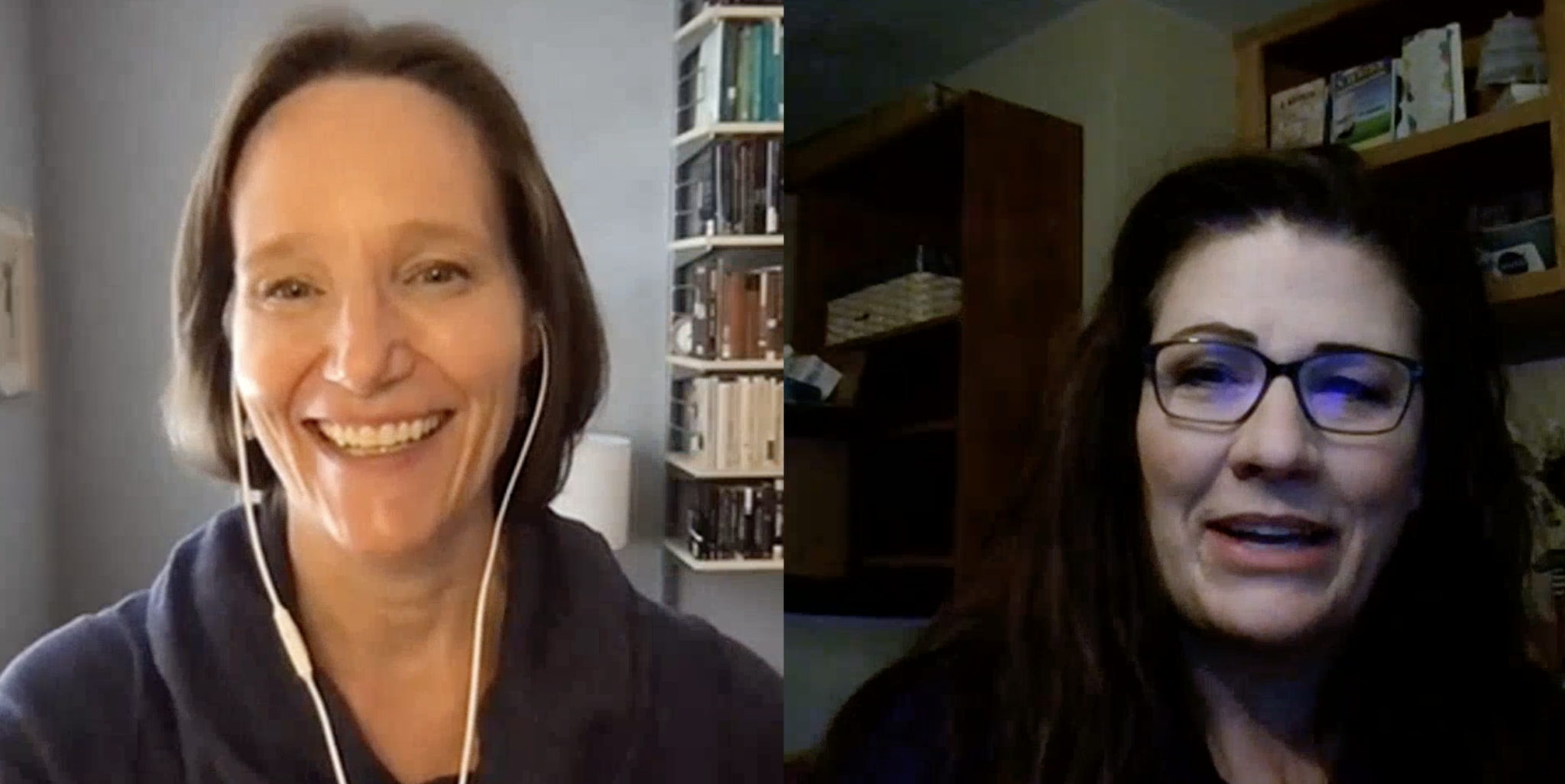Spring semester is here! We know that before the flowers start blooming, the snow has to finish falling—and we also know that before we finish writing, we must begin, build momentum, or get un-stuck. Luckily, CSU Writes has a semester full of offerings intended to help you with your writing, whether it be through workshops, writing sessions, or book club. Here’s what’s on tap for CSU Writes Spring 2022:
Book Club: March 1, 5-6:30pm LSC 322
This semester we will be reading Oliver Burkeman’s Four Thousand Weeks: Time Management for Mortals. Burkeman, a self-proclaimed “productivity junky,” put productivity into context and helps us realign what we find meaningful with how we focus our attention.
We selected Four Thousand Weeks for this semester’s CSU Writes’ book club because we know that sustainable writing and healthful productivity contribute to a meaningful career and to our wellbeing. Let’s get together to talk about embracing realistic limits and “getting meaningful things done, here and now, in our work and our lives together,” to quote Oliver Burkeman.
GRAD Writes:
This spring’s workshops include sessions devoted to helping you build writing habits, your writing approach, and articles for publication. GRAD Writes supports graduate student writers as they become experts in their respective fields of study. Research on writing retreat and write-on-site sessions shows that writers use retreats and community writing sessions to build stronger writing habits and to write more efficiently and effectively.
Most spring semester offerings will be virtual. Select workshops and writing sessions, however, will be offered in person.
Monday, Feb. 14th 11-11:50a Electronic Thesis & Dissertation (ETD) Information Session
Workshops
Feb. 9th 2-2:50 Write at Speed I: The Basics
Feb 10th, 2-2:50 Abstracts
Feb 14th, 11-11:50 ETD Information Session
Feb 16th, 2-2:50 Write at Speed II: Advance Methods
Feb. 24th, 2-2:50 Reverse Outlining: Sources/Manuscripts
Mar. 9th, 2-2:50 Punctuation
Mar. 10th, 2-2:50 Getting & Using Feedback
Mar. 23rd, 2-3:30 Summary/Paraphrase: Avoid Plagiarism (in-person)
Apr. 6th, 2-2:50 Overcoming Writing Stalls: Build Habits
Apr. 14th, 2-2:50 Revising: Clarity & Concision
Apr. 19th, 2-2:50 Engaging a Variety of Audiences
Apr. 20th, 2-3:30 Active & Passive Voice (in-person)
Retreats
Fri., 3-4:30p Prep Session
Sat., 8:30-4:30 Full-Day Session
Feb. 11th-12th
Mar. 11th-12th
Apr. 8th-9th








